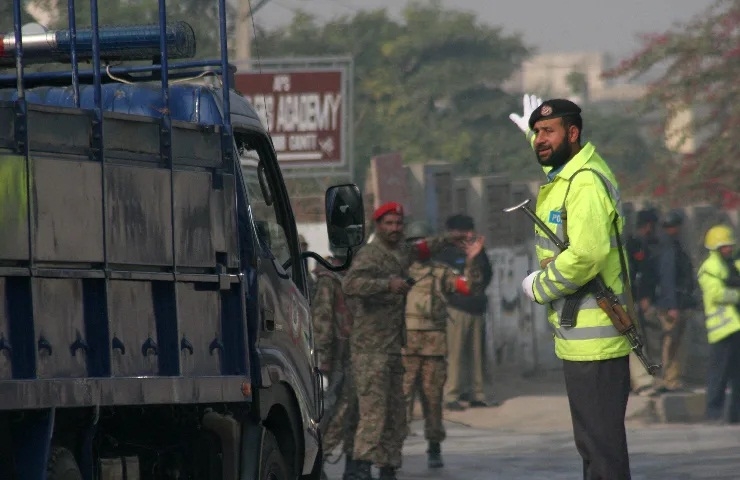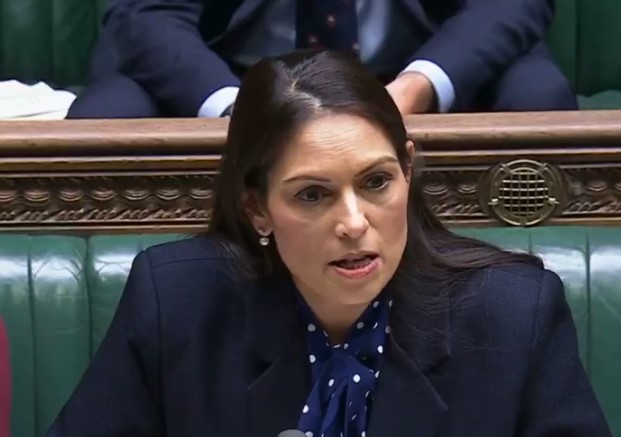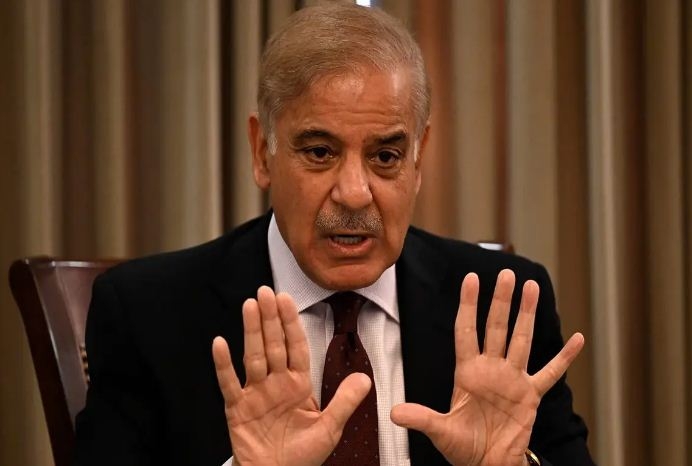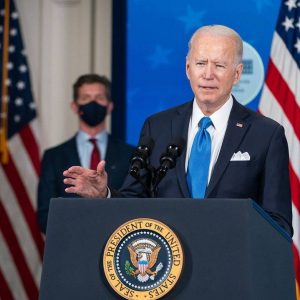The latest strikes underscore the persistent and deep-rooted conflict in Balochistan, where separatist groups have long accused the Pakistani state of marginalisation..reports Asian Lite News
At least 14 Pakistani army personnel were killed in two separate attacks by the Baloch Liberation Army (BLA) in Balochistan’s Bolan and Kech regions, highlighting the growing intensity of the insurgency in the conflict-ridden province.
In the first operation, the BLA’s Special Tactical Operations Squad (STOS) launched a remote-controlled IED attack targeting a military convoy in the Shorkand area of Mach, Bolan district.
The powerful explosion reportedly killed all 12 soldiers aboard, including Special Operations Commander Tariq Imran and Subedar Umar Farooq. The military vehicle was completely destroyed in the blast.
In a separate incident later the same day, BLA fighters struck a Bomb Disposal Squad of the Pakistani Army in the Kulag Tigran area of Kech district.
A remote-controlled IED was detonated around 2:40 p.m. while the squad was conducting a clearance operation, resulting in the death of two personnel.
BLA spokesperson Jeeyand Baloch issued a statement taking responsibility for both attacks and lambasted the Pakistani army, labelling it a mercenary force.
“The hired killers who call the Baloch Liberation Army a foreign proxy should know that the Pakistani army itself is a mercenary armed gang that thrives on Chinese capital and Papa Jones,” he said.
“The meaning of the army’s uniform shifts — sometimes guarding ports, guarding corridors, serving the satisfaction of lenders.”
He further stated, “An army that determines its direction according to the will of changing masters in every era is not a national army, but a commercial one. The attacks on this mercenary occupying army by the freedom fighters of Baloch land will continue with greater intensity.”
The latest strikes underscore the persistent and deep-rooted conflict in Balochistan, where separatist groups have long accused the Pakistani state of marginalisation, economic exploitation, and systemic human rights violations.
Despite the region’s abundant natural resources, local communities continue to face poverty, underdevelopment, and political exclusion, with benefits allegedly funnelled to the federal government and foreign investors, particularly China.
The Pakistani military’s heavy deployment in Balochistan is perceived by many locals not as a protective force, but as a suppressive presence, fuelling resentment and sustaining the insurgency.
The disconnect between Baloch nationalist aspirations and Islamabad’s policies remains a key source of instability in the region.
In a similar high-profile incident in March, the BLA hijacked a train carrying over 400 passengers in Balochistan’s Kacchi district, further highlighting the group’s operational capability and reach.
Security forces in Pakistan have increasingly come under fire from separatist factions like the BLA, who often target personnel originating from Punjab and other provinces, accusing them of occupying Baloch lands.
The provinces of Balochistan and Khyber Pakhtunkhwa continue to be among the most volatile in the country, witnessing a surge in attacks on military and paramilitary forces.
Pakistan, on its part, maintains that groups such as the BLA receive support from across the border in Afghanistan. Islamabad has accused the Taliban regime of providing shelter, funding, and logistical support to anti-Pakistan elements, enabling them to conduct cross-border terrorism and spread unrest within Pakistan’s borders.














